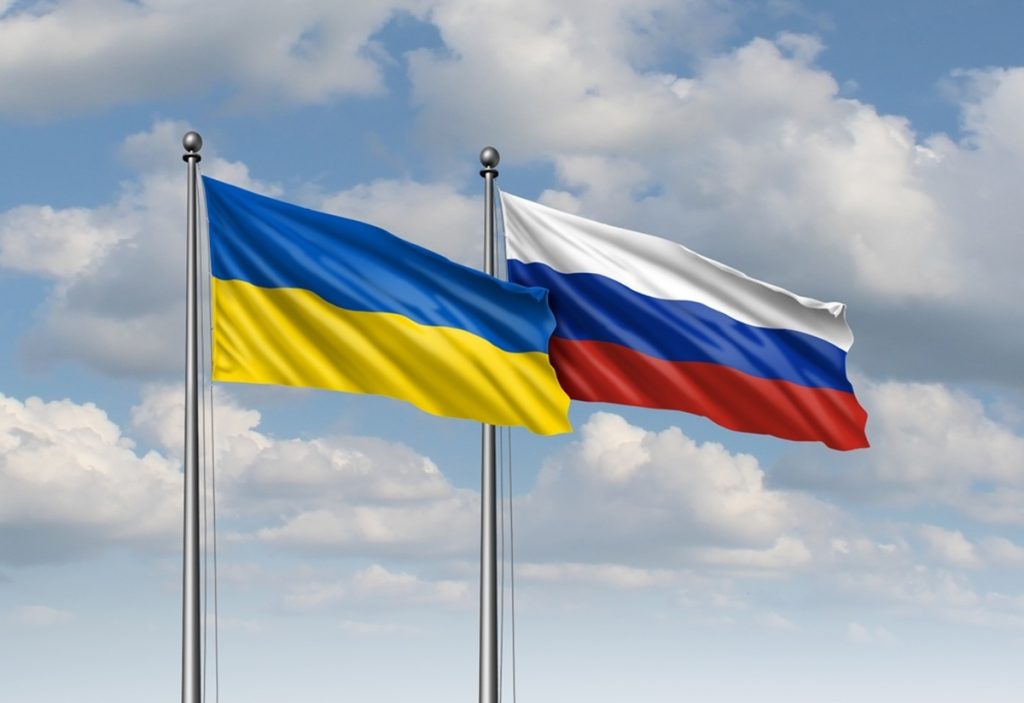Recent polling from the Kyiv International Institute of Sociology shows most Ukrainians oppose giving up any land to Russia.
Others are reading now
The US, under President Trump, is shifting its stance from supporting a ceasefire to advocating a full peace deal with Russia.
This aligns more with President Putin’s goals than with Ukraine’s or its European allies’. But what seems like a matter of semantics hides a much deeper geopolitical and legal divide.
Ceasefire vs. Peace Deal: A Crucial Legal Distinction
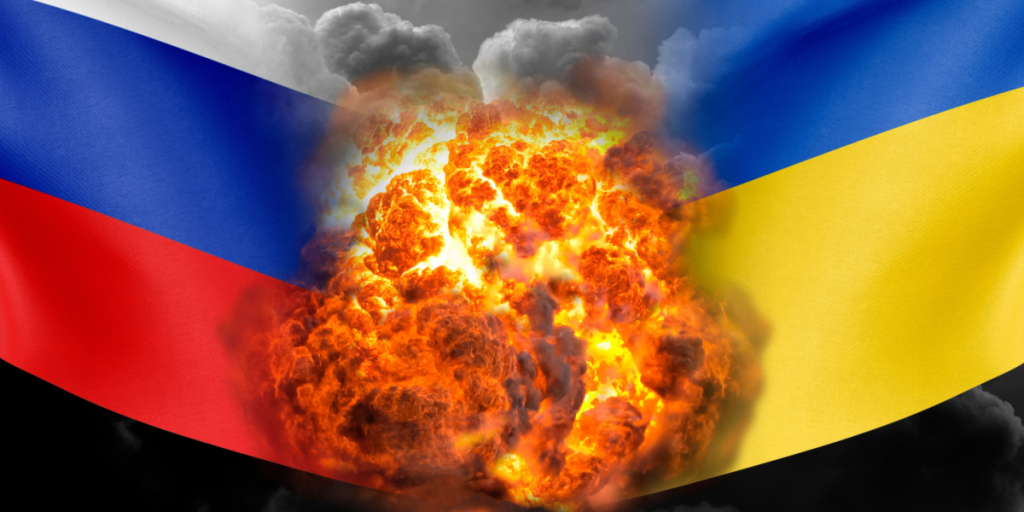
In international law, a ceasefire is temporary and doesn’t change borders. It offers a pause in fighting to allow for negotiations or humanitarian aid.
A peace deal, however, is a long-term agreement that defines future relations and if achieved through force, it’s considered illegal under the UN Charter.
Why Ukraine and Europe Oppose a ‘Peace Deal’ Now
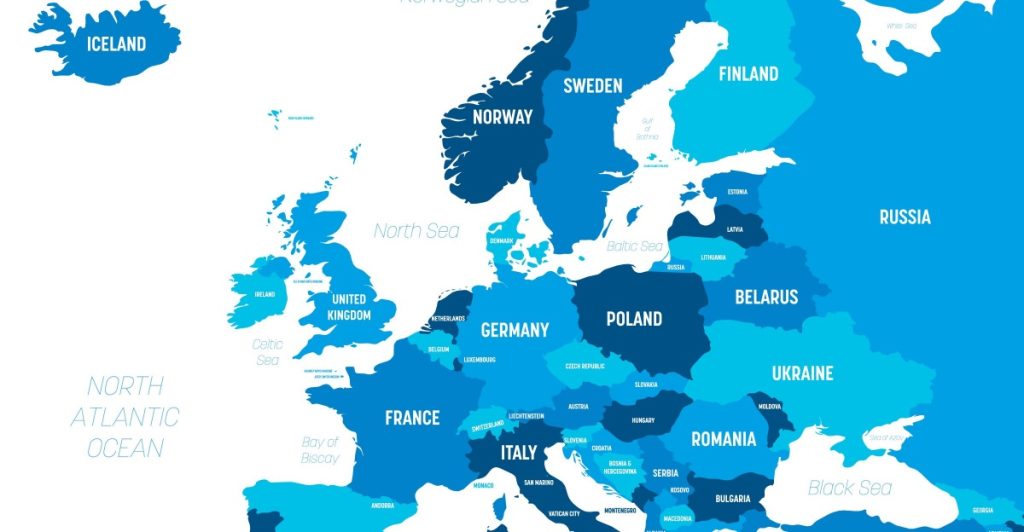
For Kyiv and its European backers, agreeing to a peace deal under current conditions would mean legitimizing territorial gains made by Russia through violence.
Also read
That would undermine a core principle of international law: countries can’t seize land by force.
Trump Echoes Moscow’s Rhetoric in Oval Office Talks
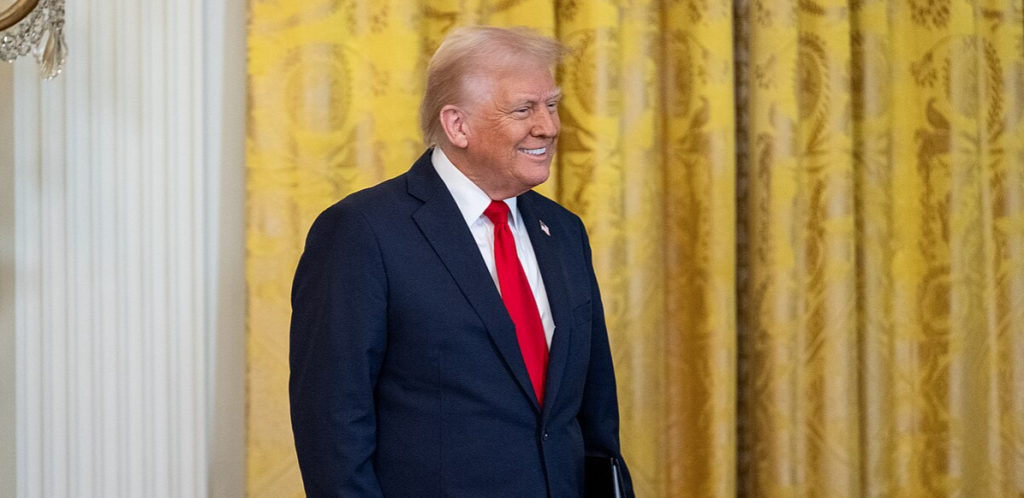
In a recent meeting with President Zelensky and European leaders, Trump questioned whether a ceasefire was even “necessary” if peace talks could happen without it.
His position reflects Russia’s interests and raises concerns among allies about the future of Ukraine’s sovereignty.
Putin’s Peace Proposal: Illegal by Nature and Content
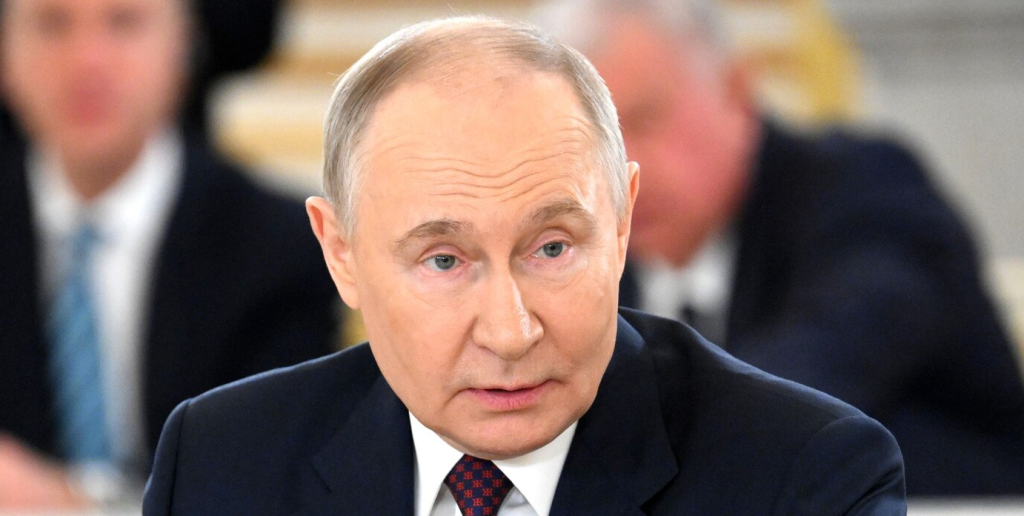
Russia reportedly wants Ukraine to surrender the Donbas region and agree never to join NATO.
Legal experts argue such terms would be doubly illegal, both because they’re gained through aggression and because Ukraine’s constitution forbids altering borders without a national referendum.
Also read
Ukrainians Reject Territorial Concessions
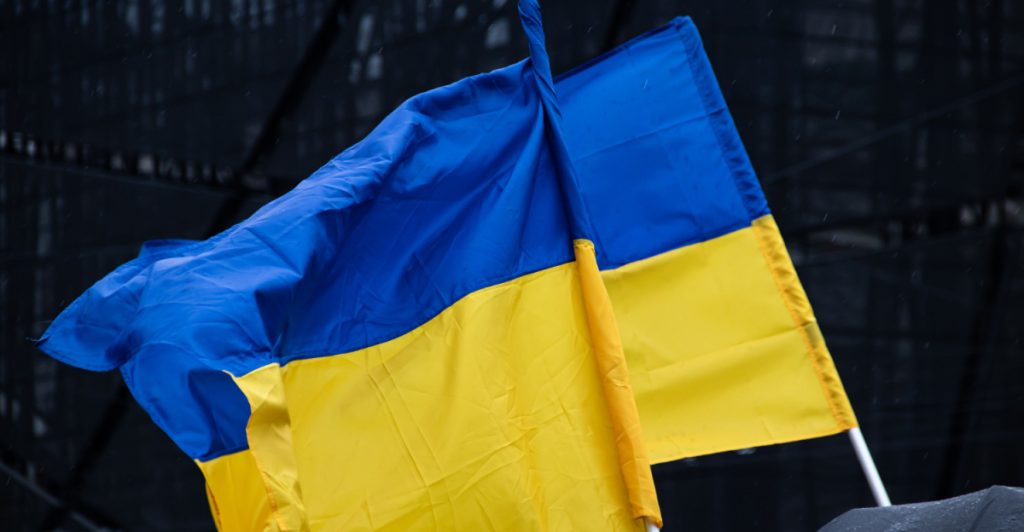
Recent polling from the Kyiv International Institute of Sociology shows most Ukrainians oppose giving up any land to Russia.
Even if the public sentiment shifted, international law still bars leaders from ceding territory gained through armed conflict.
No Trust in Moscow’s Intentions
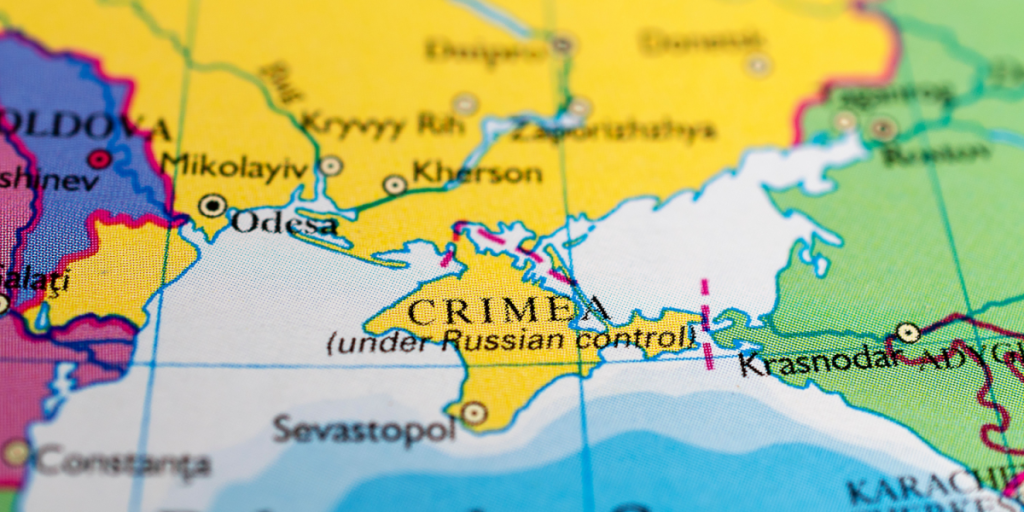
Legal experts and Ukrainian officials agree: Russia has consistently acted in bad faith. From annexing Crimea in 2014 to repeated attacks since, Moscow’s track record leaves Kyiv with no reason to believe a peace deal would be honored.
Strategic Importance of Donbas Makes Concessions Risky
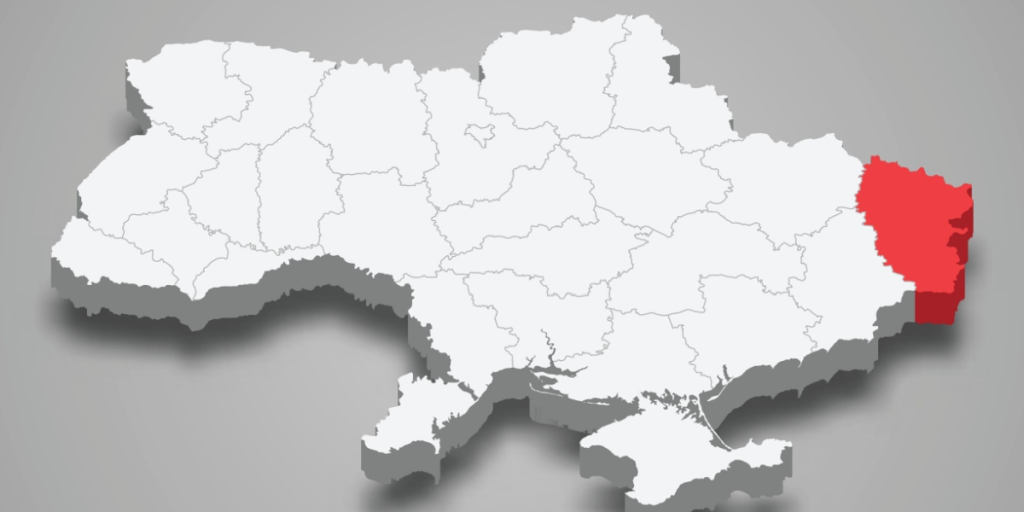
Russia already controls most of Luhansk and over 70% of Donetsk. But the remaining territory in Ukrainian hands includes vital infrastructure, cities and transport links key to national defense.
Surrendering this would open the door to deeper Russian advances.
Also read
A Frozen Conflict, Not a Final Settlement
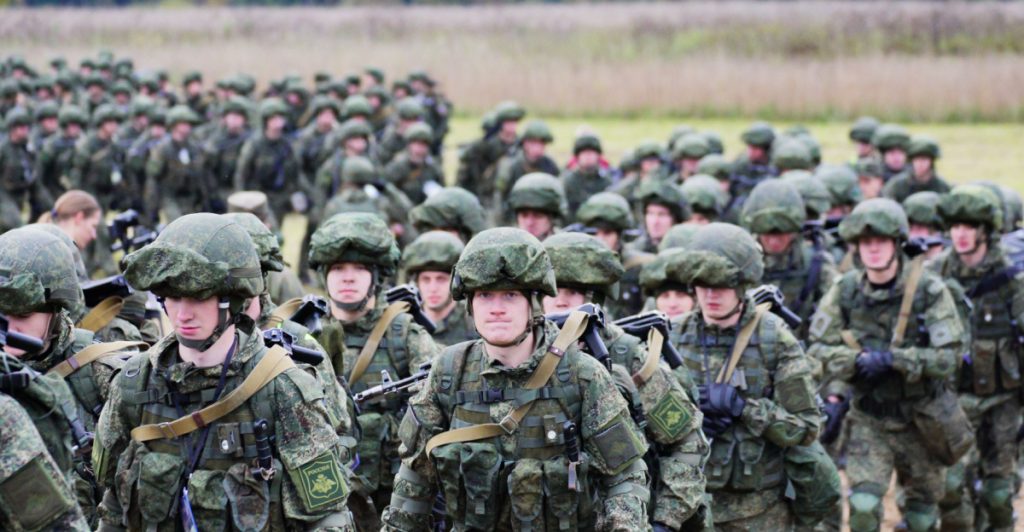
European leaders and Kyiv are open to a ceasefire that freezes the current battle lines, buying time and saving lives.
But they’re firmly opposed to any permanent agreement that would legitimize Russian occupation or allow it to expand further unchecked.
Peace Deal Politically Impossible, And That’s the Point

As one international law expert put it: “It’s almost politically impossible to conclude a peace treaty when the victim is not winning.
And my response to that is: That’s the point.” For now, a ceasefire might be the only viable path toward peace without breaking international law.

